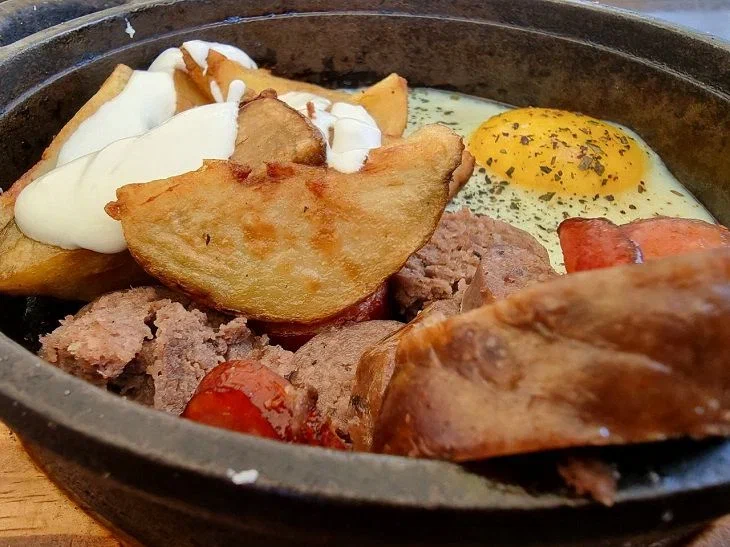Many people start their morning with a croissant, sweet cereal or a sandwich with jam. But such a breakfast is a blow to metabolism.
Fast carbohydrates sharply increase blood sugar, and after an hour its level drops, causing hunger and fatigue.
What's worse, regularly eating sweets on an empty stomach increases the risk of diabetes.

Replace simple carbohydrates with protein and healthy fats: eggs, avocado, nuts, cottage cheese. They provide energy for 3-4 hours and start burning fat.
If you can't live without something sweet, add a spoonful of honey to your slow-cooked oatmeal porridge. This breakfast will protect you from breakdowns and overeating during the day.
But why protein?
It's simple: amino acids from eggs or cottage cheese stimulate the production of tyrosine, a substance that increases concentration and alertness.
And fats from avocados or nuts maintain levels of leptin, the satiety hormone.
Compare: after a sweet bun, an hour later you will reach for coffee and cookies, and after an omelette with vegetables, you will calmly wait until lunch.
Another danger is fruit juices
Even freshly squeezed, they lack fiber and contain a shock dose of fructose. This overloads the liver, which converts excess sugar into fat.
It's better to eat a whole orange or add a slice of lemon to your water.
Breakfast schedule is no less important.
The ideal time, according to various sources, is within 1-2 hours after waking up. If you eat later, your metabolism may fail.
Don't skip breakfast: it leads to overeating in the evening. Even if you're not hungry, drink a smoothie made from spinach, celery and kefir - this will gently start digestion.
What to do if you don't have time to cook
Prepare breakfast in the evening. Pour yogurt over oatmeal and put it in the fridge - add berries and nuts in the morning.
Or make protein muffins with eggs, spinach and cheese - they can be heated up in a minute.
